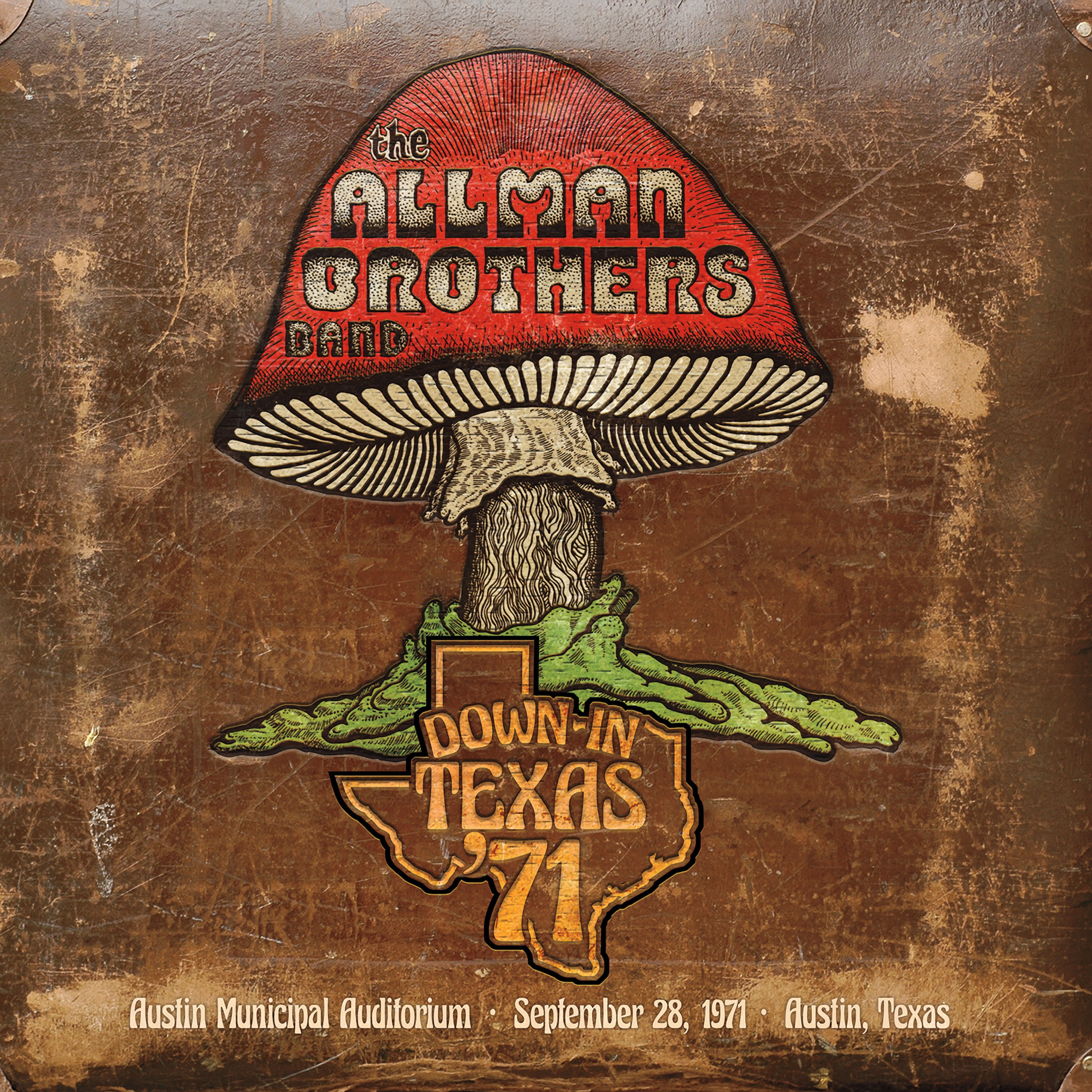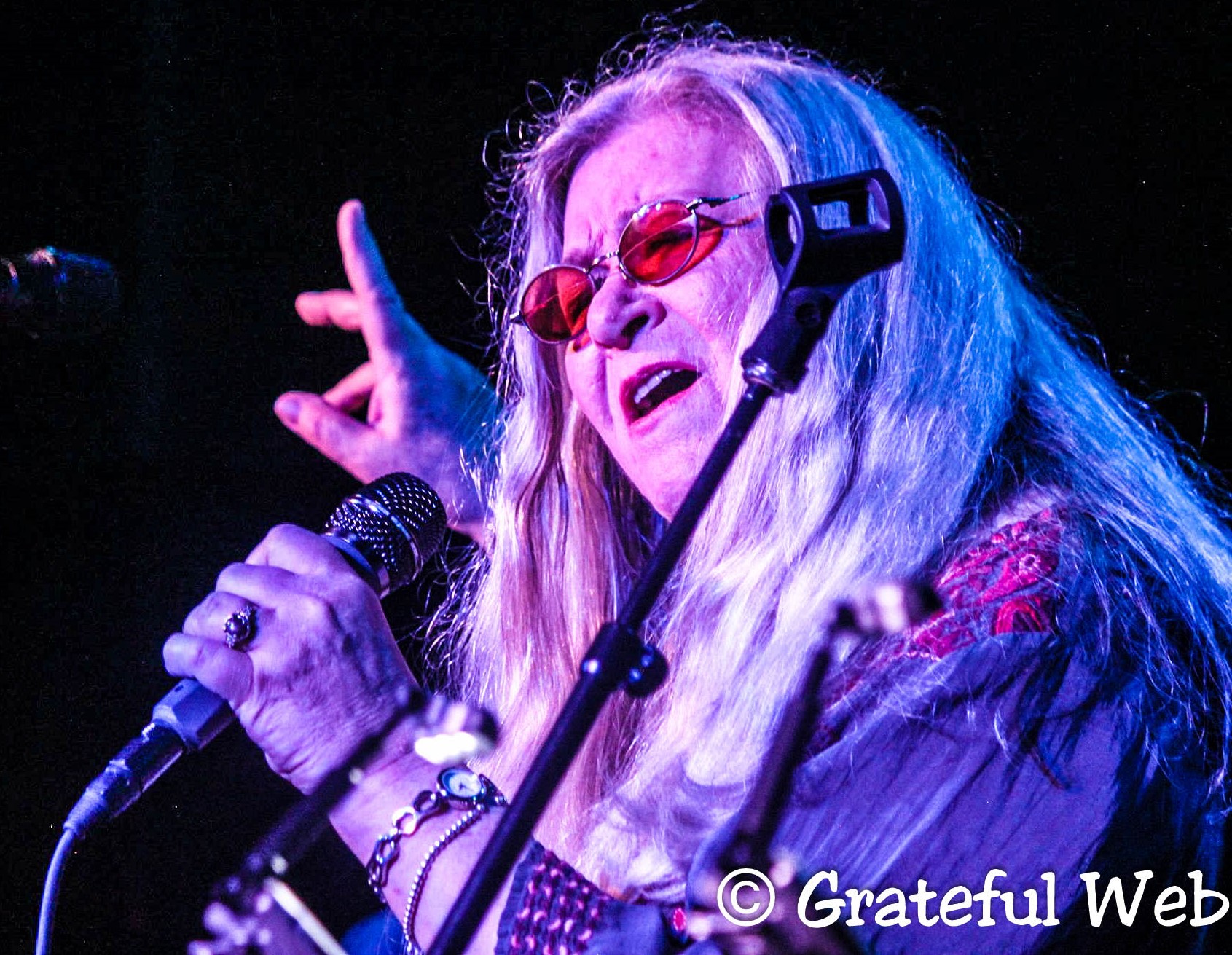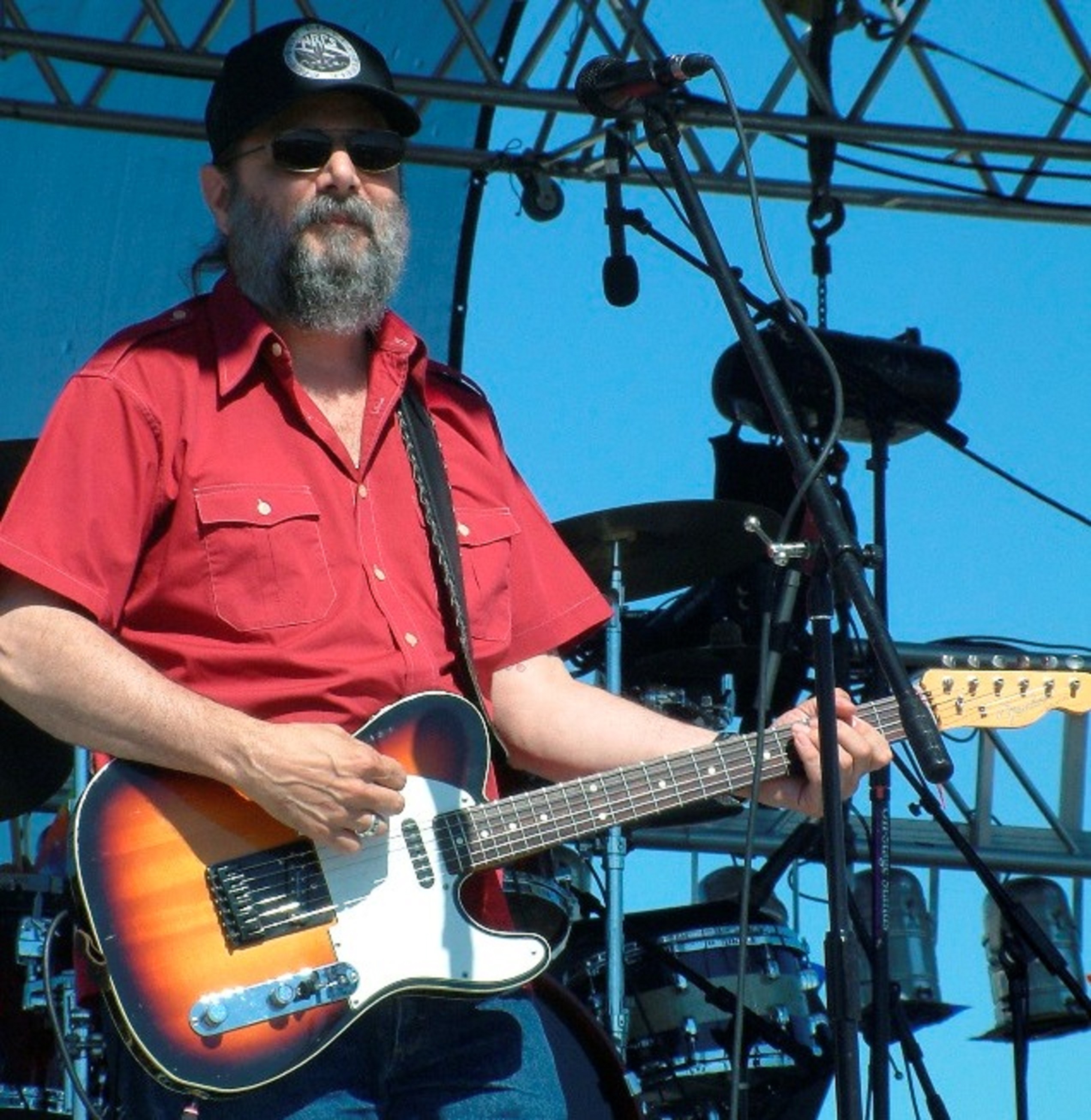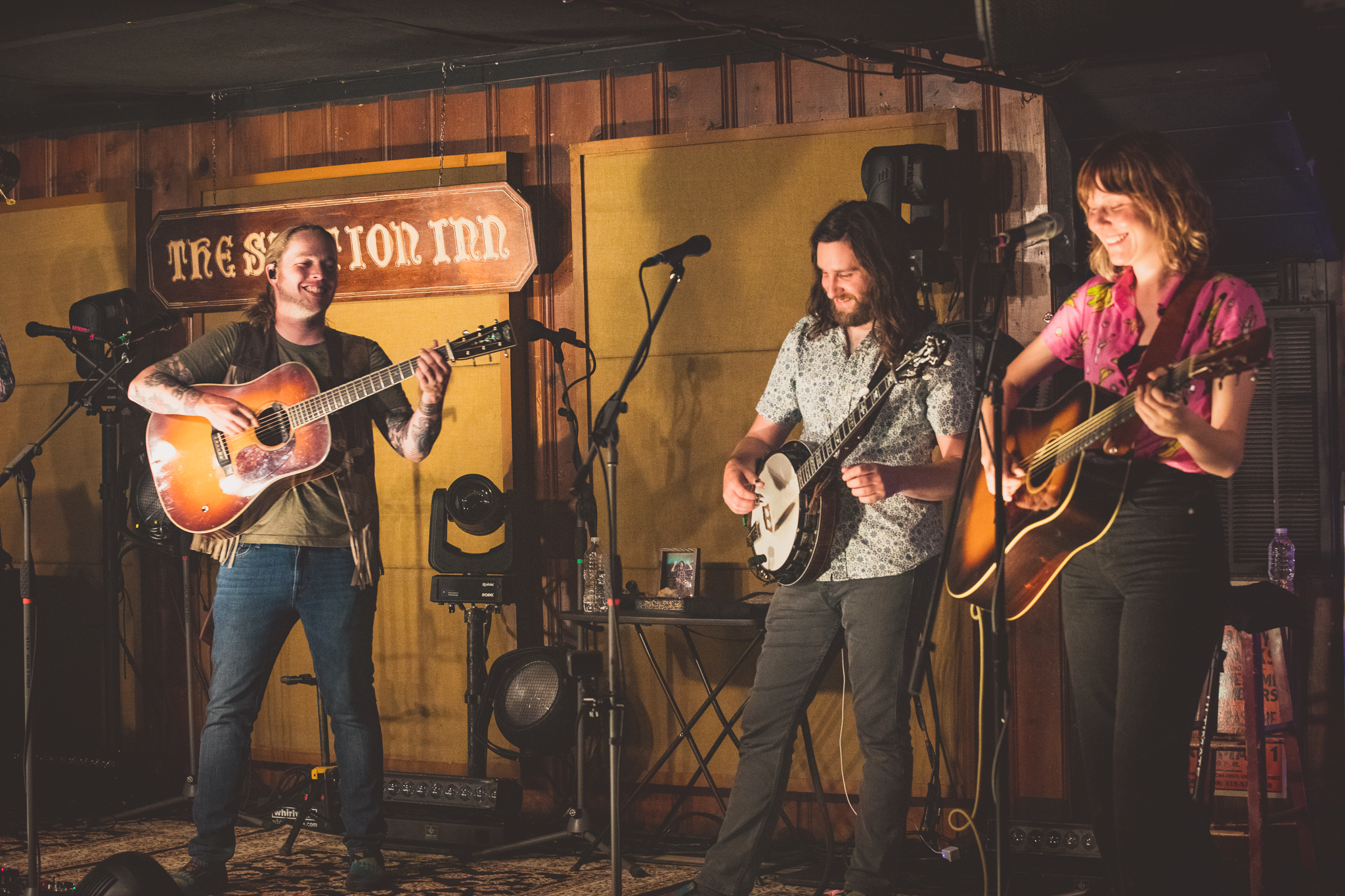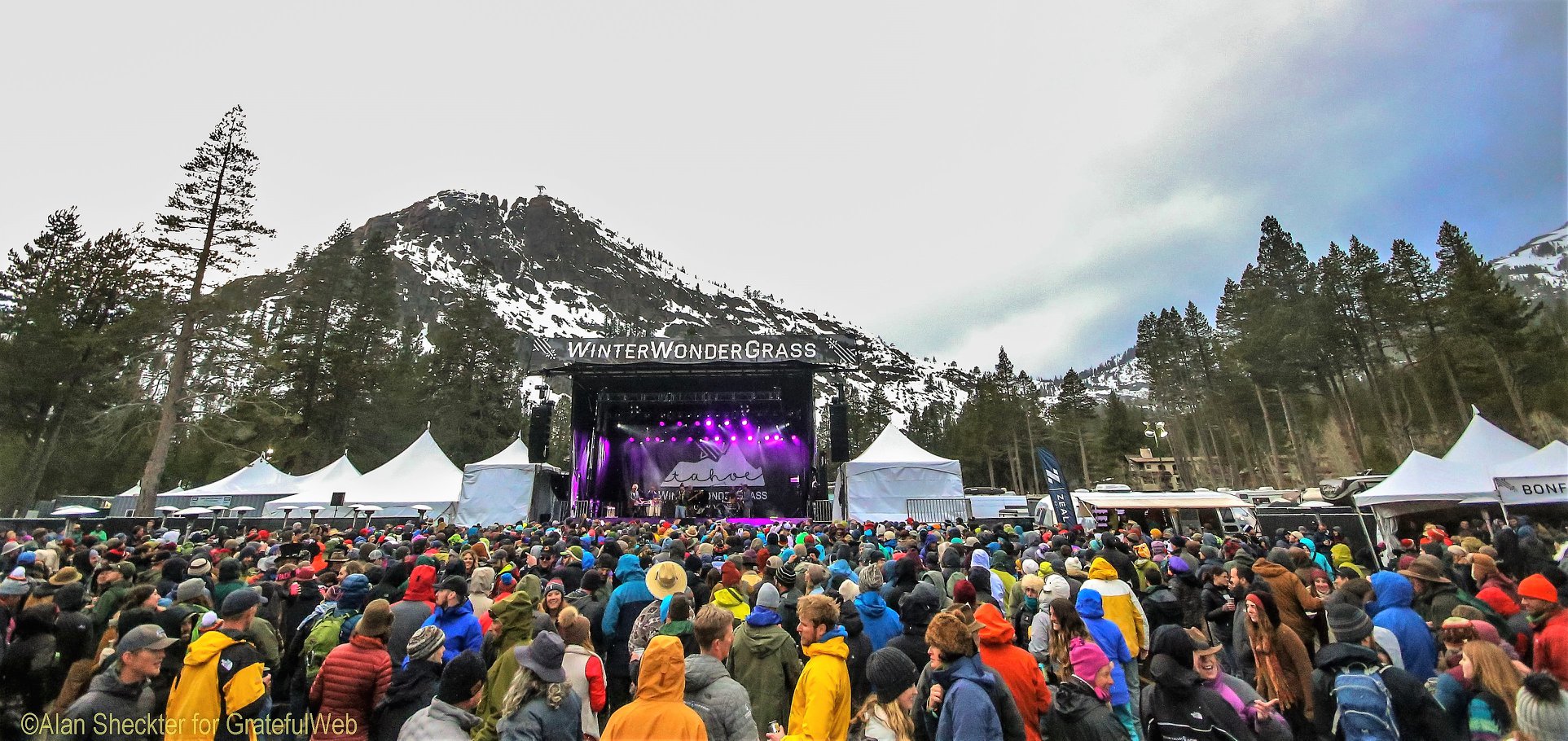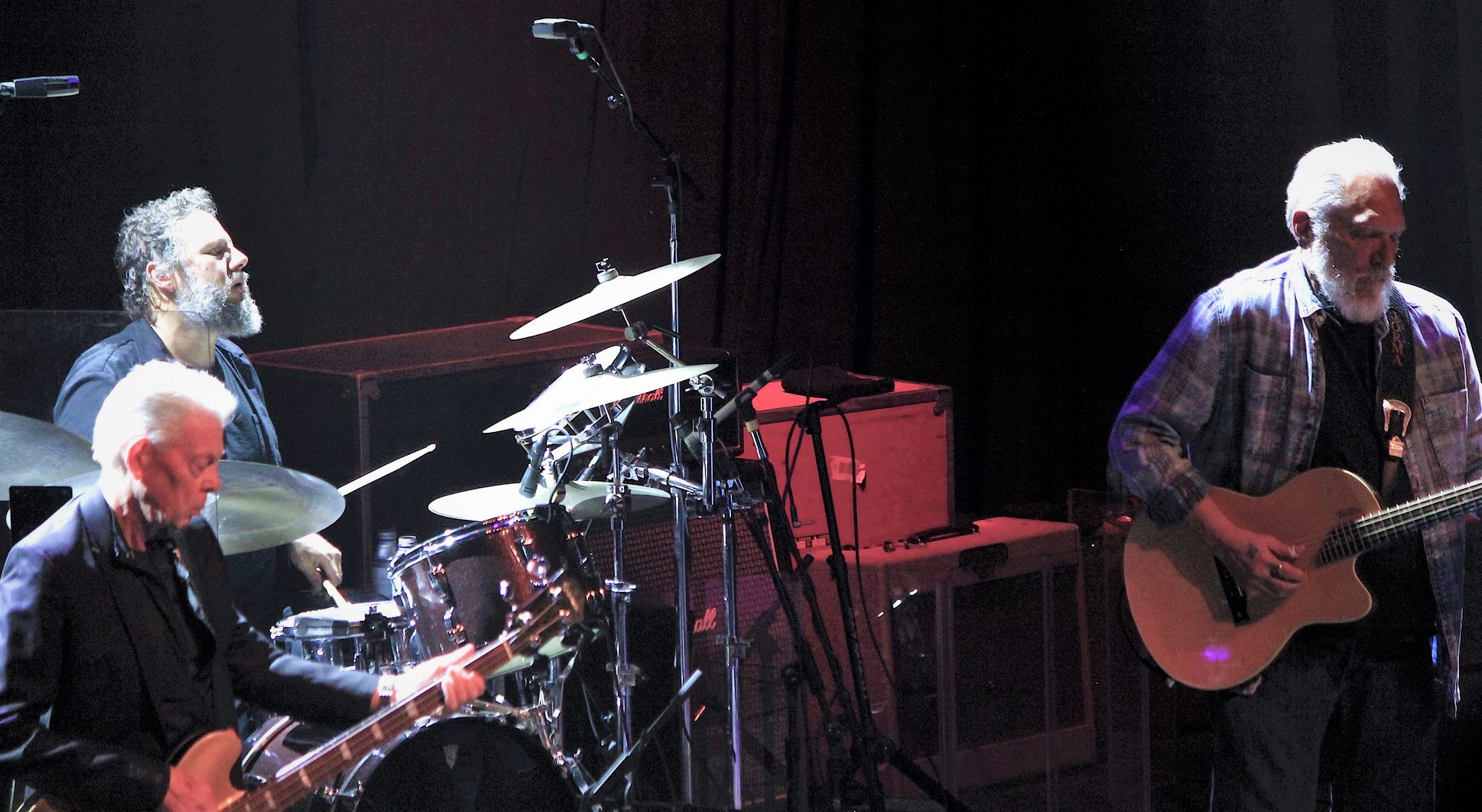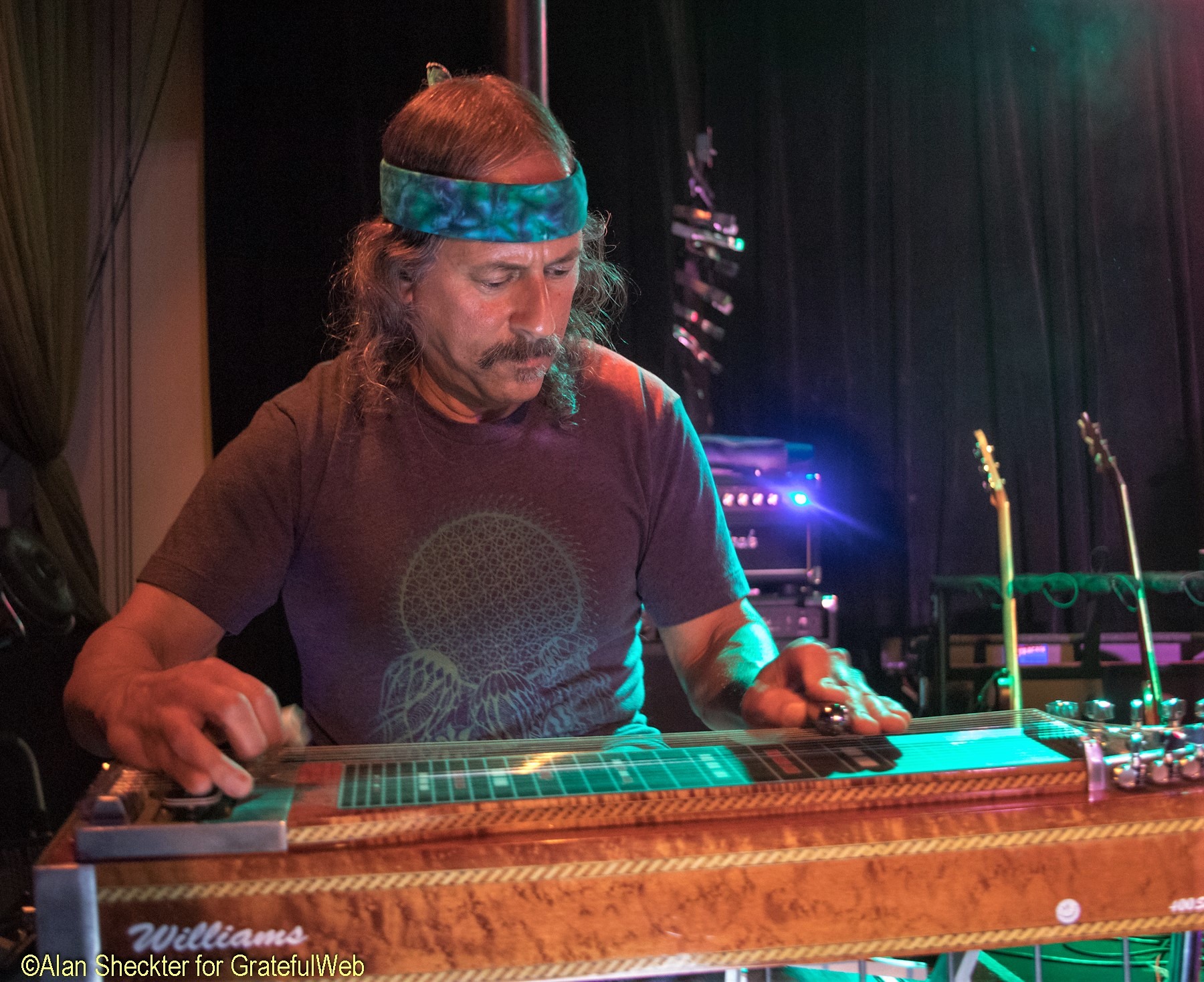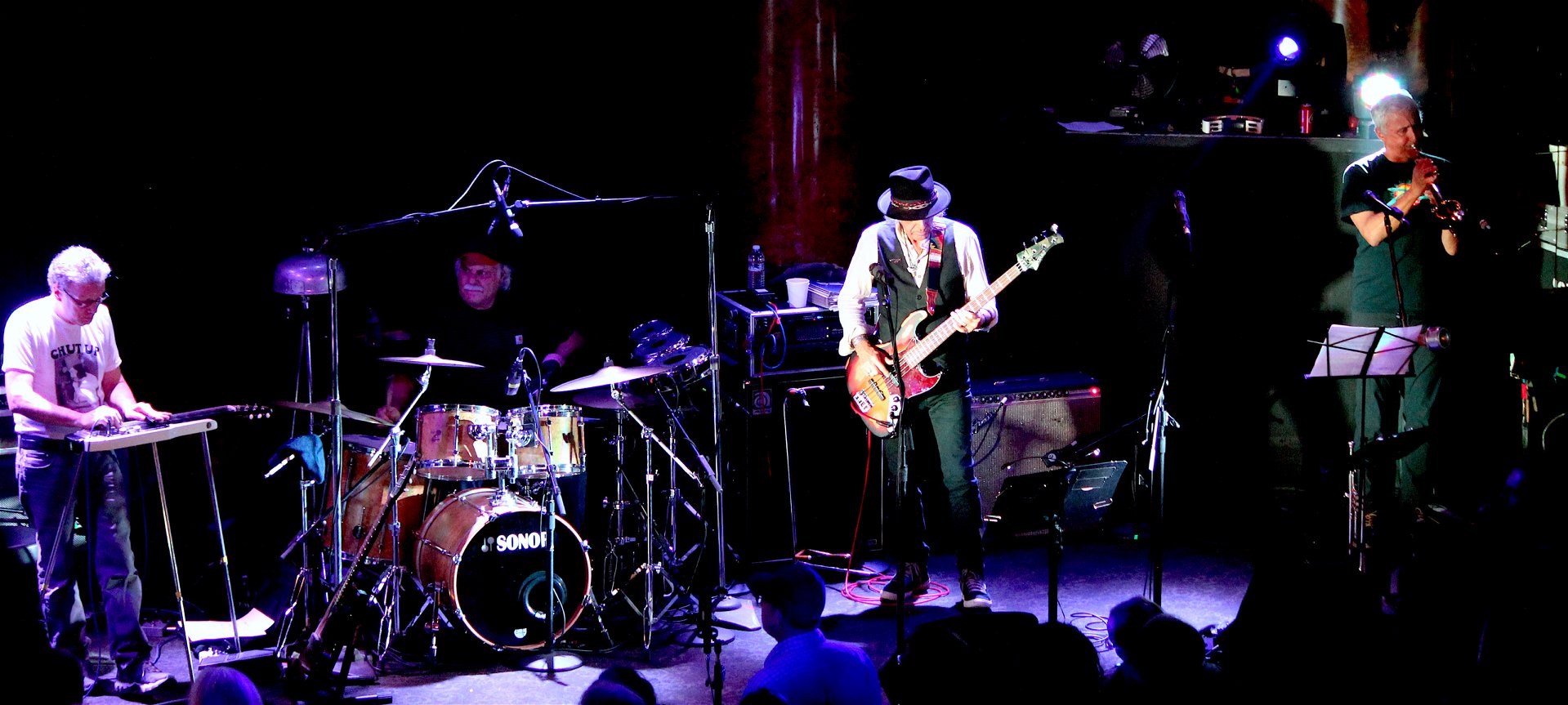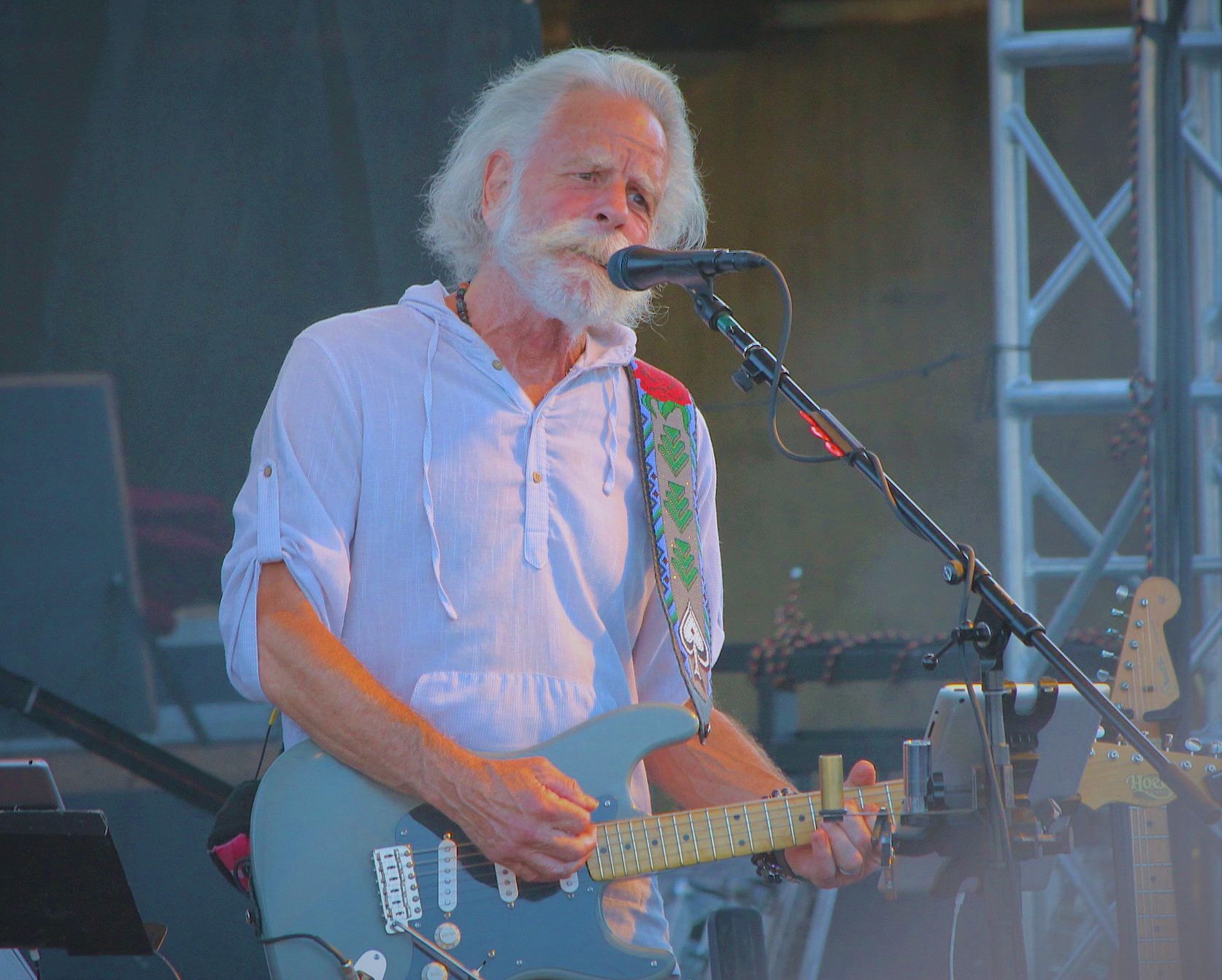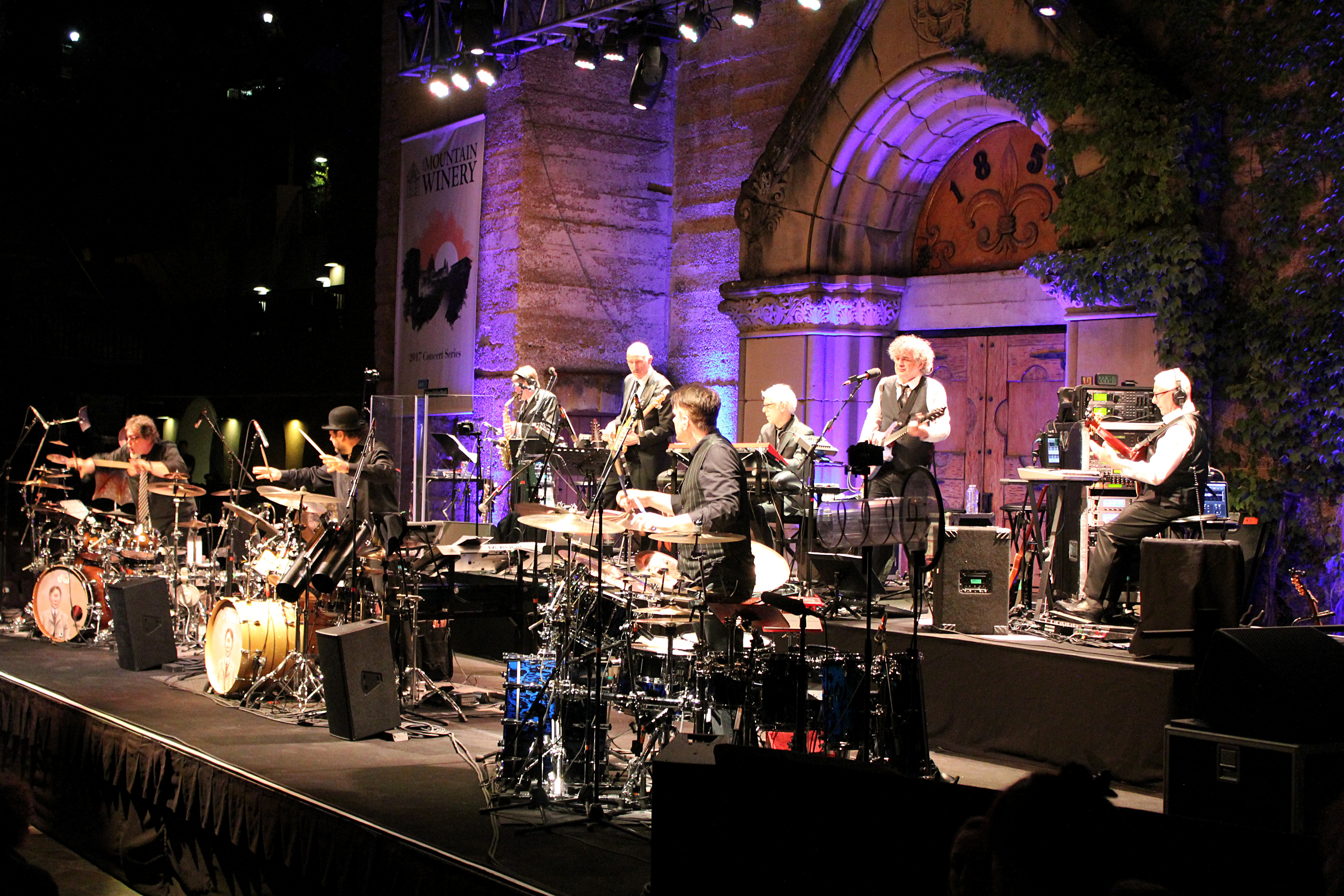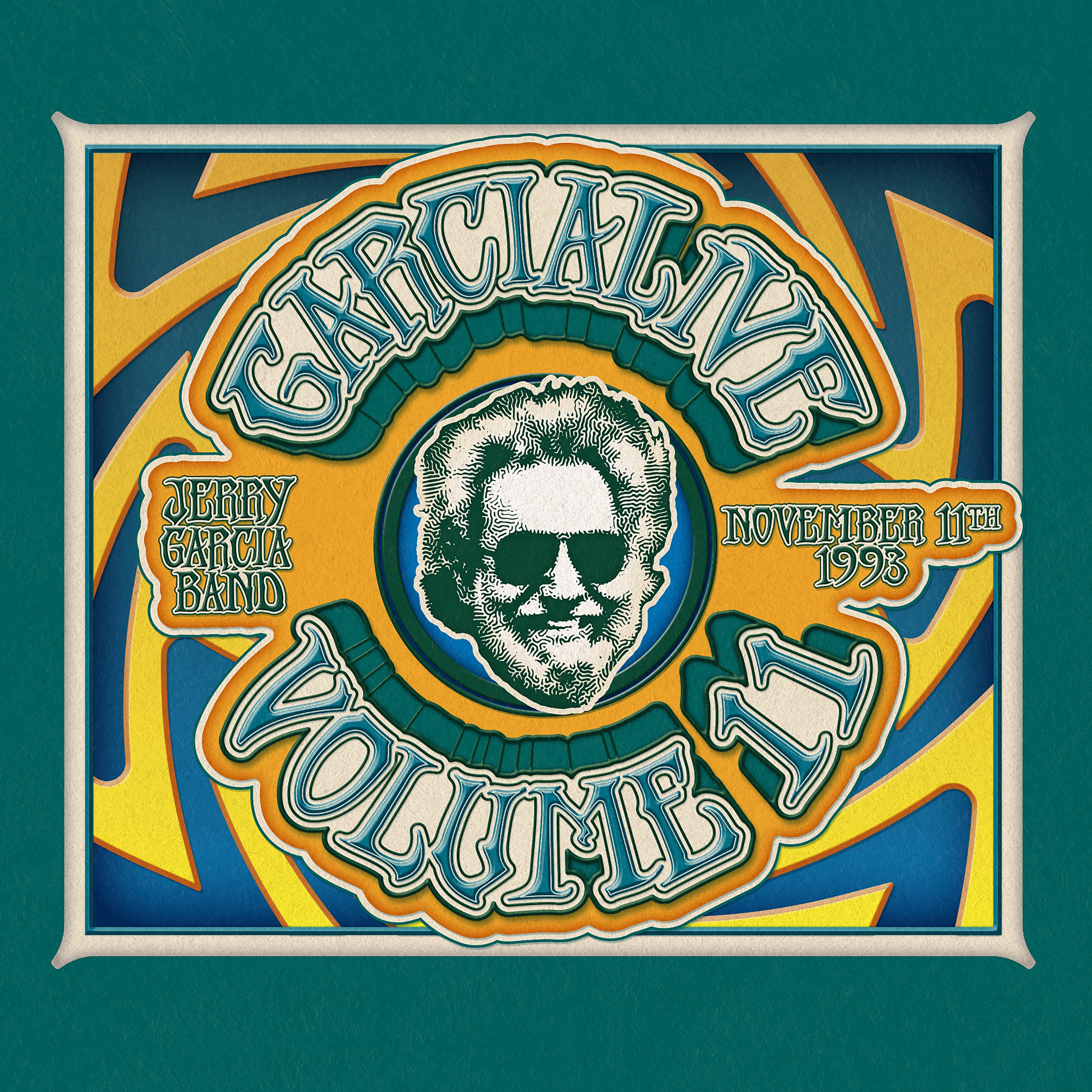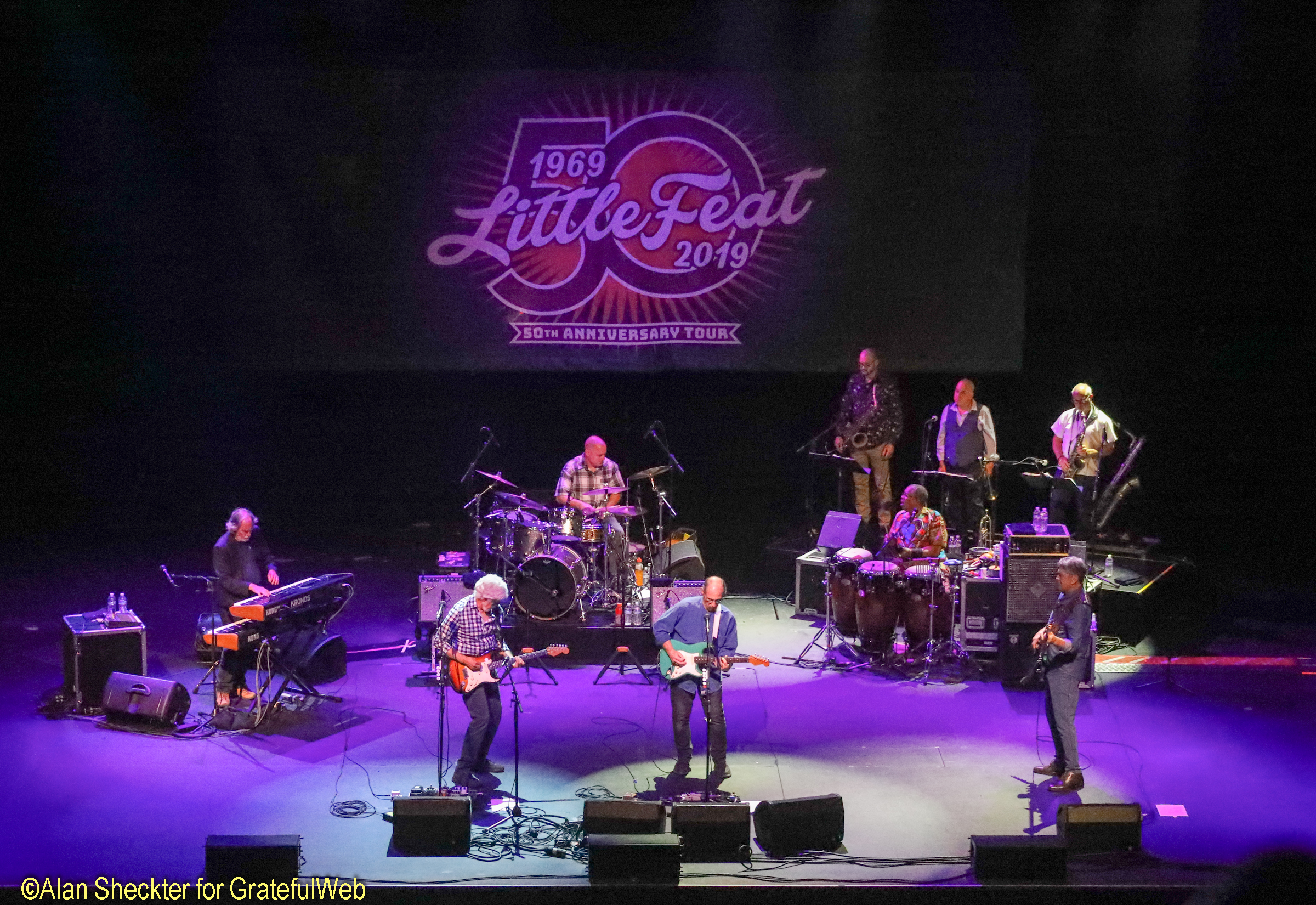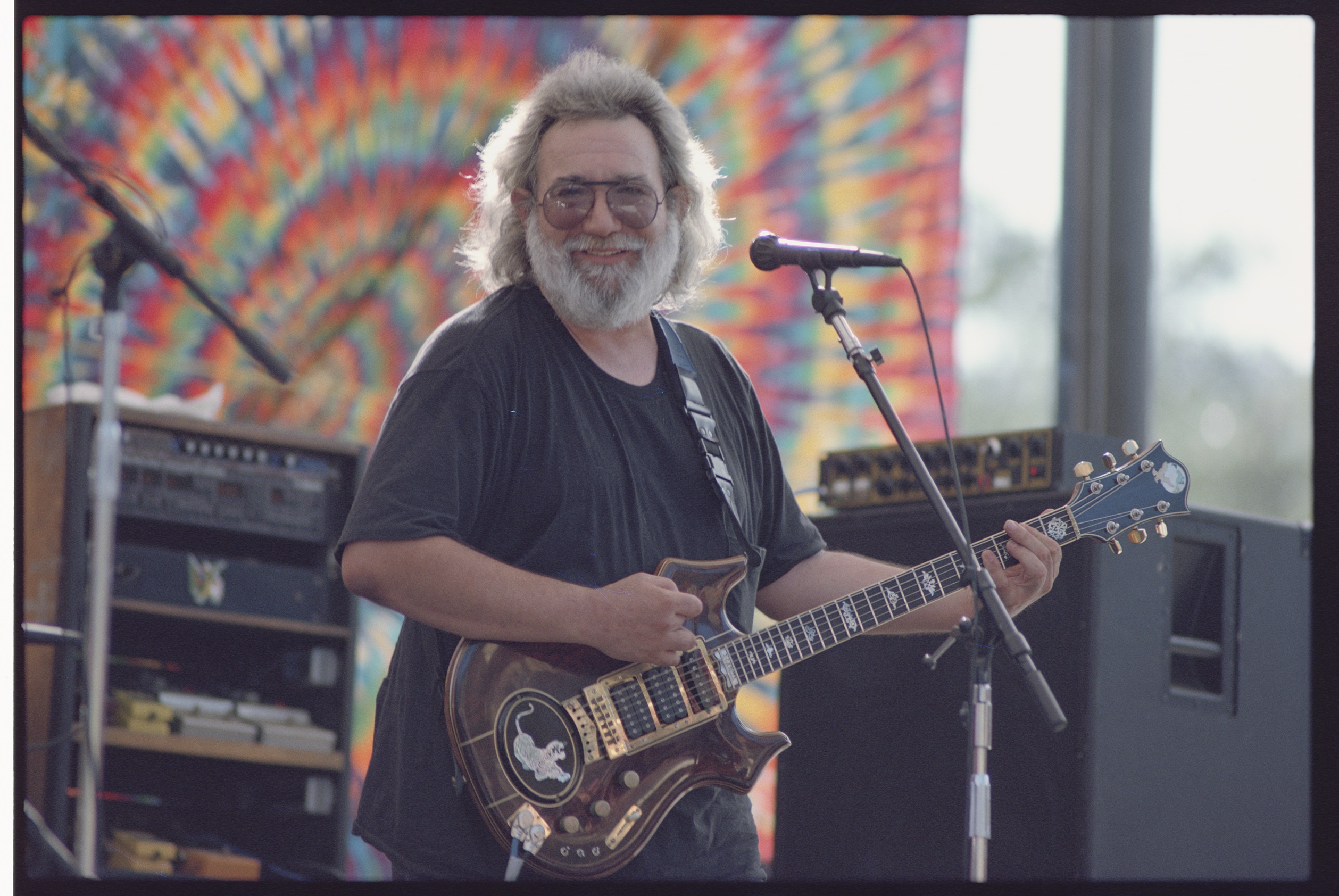Four months before Macon Georgia’s Allman Brothers Band achieved mega stardom with their breakthrough Eat A Peach album, the foundational lineup of Duane and Gregg Allman alongside Berry Oakley, Dickey Betts, Jaimoe Johanson, and Butch Trucks were in their peak form as a touring act. They entranced their audiences with exhilarating live performances that stretched blues and soul into genre-defying improvisational terrain. Every gig added a little something extra, their signature was a soaring dual-guitar and the finest vocal chops of any bluesmen of their generation. By 1971, Duane Allman was a well-seasoned as Lead and Slide session guitarist backing the likes of Aretha Franklin and Wilson Pickett in the studio, yet he stayed committed to his core Allman Brothers Band. After three straight years of non-stop gigs and playing, September brought inspired new tunes into the fold, such as “Blue Sky,” that would become their lifeblood. More importantly the big canonical numbers such as “Dreams,” “Elizabeth Reed,” and “Whipping Post” were growing wilder than ever into uncharted territory.
Amidst that precious era, just one month before Duane was tragically taken in a motorcycle accident at the age of 24, the Allman’s swayed a swelling fanbase at Austin’s Municipal Auditorium for a barn-burner evening for an audibly ecstatic crowd, augmented on many tunes by saxophonist Juicy Carter, likely at Duane’s behest. Down In Texas ’71 captures a precious audio artifact from an under-surfaced period from the Allman Archives. Similar to the S.U.N.Y at Stonybrook 9/19/71 release, audio anomalies impact the first few minutes of run time. The imperfect recording actually compliments the energetic transfer between the crowd and band that night, “Statesboro Blues” resultingly feels like a well-worn sweater. “Trouble No More” flows into the board sound and immediately apparent was the unison of Berry and Duane. Their bond is fully appreciated during the partial KPFT radio interview from Summer of '71 which bookends the release, in retrospect chillingly-so as both would be conspicuously absent within a year’s time.
Gregg’s “Don’t Keep Me Wonderin’” was a beacon for many definitive originals to come, which is the first we hear of Juicy Carter, who will gel completely with the ensemble later in the performance. The Lone-Star state was treated to a double-dose of Elmore James with “Done Somebody Wrong,” and “One Way Out,” two tunes which had become and would remain stalwarts of their live performance. The later demonstrating some of the Duane’s raunchiest late slide-work recorded on tape. Dickey Betts’ answer came during the tune’s peak where the guitarist duo battled and weaved leading to Gregg’s howling finale before strings and drums collided into a lingering conclusion.
Juicy joined onstage to lend to the evening’s exploratory segment beginning with Dickey’s crowd favorite “In Memory of Elizabeth Reed,” which Gregg chimes in, “this is Dickey’s tune ‘Liz Reed.’” In an ironically unintentional brevity match, the recording cuts out right when the band gets cooking around the six-minute mark. The curator’s completism here is understandable, as the group had embarked beyond the jam vehicle’s main theme into the rave-up, seizing at the tap-cut and lending favorably to the soft serenade of the “Stormy Monday,” that followed. Half-way through the tune, we are swooped into a cool jazz stanza which was the moment that Juicy Carter clicked instantaneously, delivering a stirring solo to the entranced Austin spectators. The aesthetic shift continued into “You Don’t Love Me,” in which John P Lynskey’s album liner notes observe, “The first time I heard it, my jam just dropped. I was raised on the music of Metallica, Iron Maiden, Black Sabbath – that kind of stuff. SO when I heard Duane play this lick – It’s a heavy metal lick!” One could only imagine where the classic lineup of the band would have evolved if fate hadn’t played out as it did. The Allman’s studio sound post-Duane, which launched the band into billboard chart-topping might not have been their destination.
The evening’s finale “Hot Lanta,” is a rousing precursor to Prog-Rock, which differentiates the act who possessed the precision of the Mississippi Delta bluesmen with an exploratory disposition more akin to John Coltrane. Casual and the most devoted of Allman Brothers Band fans will undoubtably become enamored with Down In Texas ’71 which will be available through an exclusive pre-sale at www.merchmountain.com, and beginning March 26 (the band's formation anniversary) at The Big House Museum gift shop and online store, and as a digital release.





